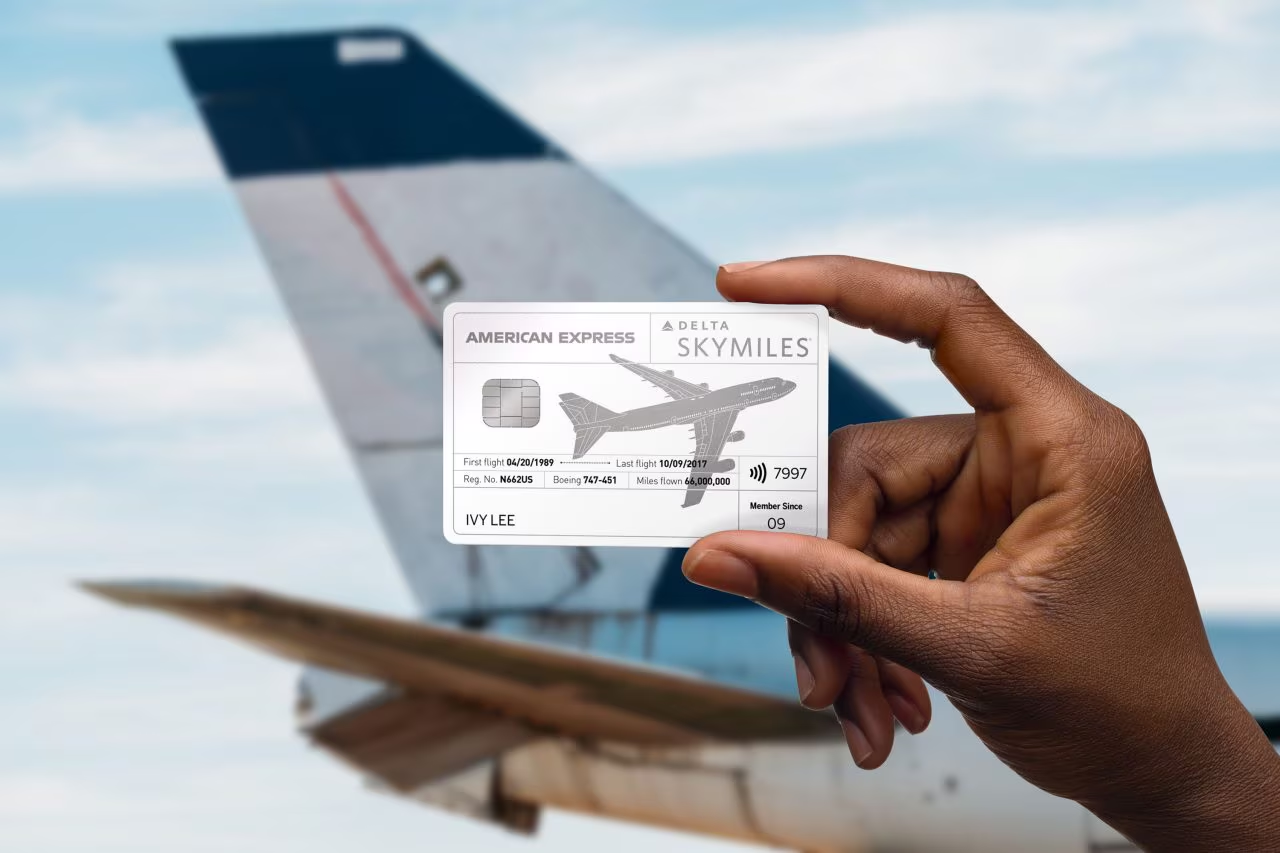
SkyWest Plans to Add CRJ-550s
SkyWest says it plans to operate CRJ-550 aircraft as early as this summer. The Utah-based regional carrier is slated to…

Pipistrel Velis Electro electric aircraft. (Photo: Pipistrel Aircraft)
The world of aviation is constantly evolving. From the Wright Brothers’ first powered flight in 1903 to the jumbo jets of today, each era has brought new challenges and innovations. As the environmental consequences of air travel become ever clearer, the industry is focusing on sustainability as the next frontier. Here, we dive into the electrifying future of aviation and what it could mean for our skies.
When you think of air travel, the roar of jet engines might come to mind. However, that familiar sound could soon be replaced by the near-silent hum of electric motors. Electric aircraft, much like electric cars, rely on batteries to power their propulsion systems. They promise significant reductions in carbon emissions and noise pollution.
Several companies have thrown their hats into the electric aviation ring. From startups like Eviation with their Alice aircraft to major players like Airbus and their E-Fan X project, the race is on to develop viable electric planes. While the technology is still in its infancy, progress has been swift. Some smaller electric aircraft are already taking to the skies for test flights.
There are multiple benefits to electric aviation:
While the future seems bright, there are hurdles to overcome:
The transition to electric aviation won’t happen overnight. It will likely start with shorter domestic flights and gradually expand as technology and infrastructure improve. Hybrid models, which combine traditional and electric propulsion, may serve as a stepping stone in the interim.
The challenges are significant, but the potential benefits for our planet and the future of air travel are enormous. As technology advances and the world becomes ever more conscious of the need for sustainable solutions, the skies of tomorrow might just be filled with the hum of electric planes.
Parth Jain is a dedicated aviation enthusiast with a rich background in general and commercial aviation. Over the years, Parth has consistently demonstrated a deep fascination with the aviation industry, his interests spanning from the workings of small general aviation aircraft to the complexities of large commercial jets. Parth's interest in aviation sparked at a young age when he first set foot in an airplane. Since then, he has dedicated much of his time to gaining first hand experience, achieving his private pilot license and currently working towards his instrument rating. Parth's education and experience are a testament to his dedication and commitment to this field. As a private pilot, he has navigated complex airspace, developed an understanding of the intricate details of aircraft operations, and consistently demonstrated safe and proficient flying skills.
Receive a daily dose of the airline industry's top stories along with market insights right in your inbox.

SkyWest says it plans to operate CRJ-550 aircraft as early as this summer. The Utah-based regional carrier is slated to…

Delta and American Express are teaming up again to bring a limited edition credit card to consumers. For a short…

Southwest will soon bid farewell to the two remaining Boeing 737s in its legacy ‘Canyon Blue’ livery. The third to…



